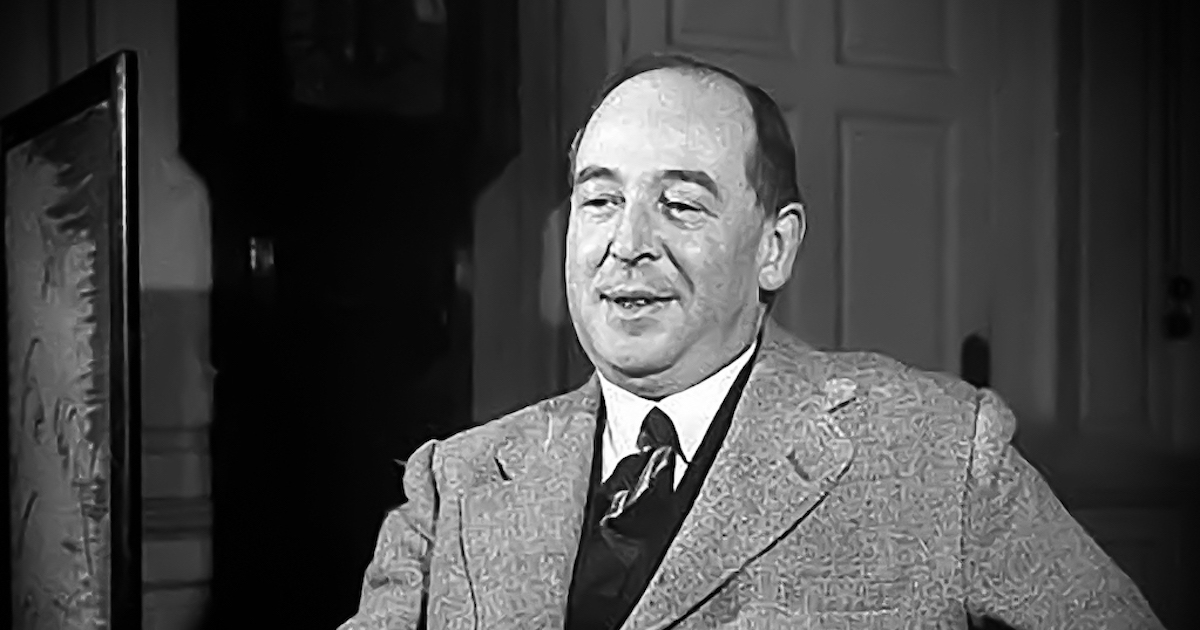 Culture & Ethics
Culture & Ethics
 Faith & Science
Faith & Science
Thus Saith the Science: Recalling the Wisdom of C. S. Lewis on His 125th Birthday

Progress is an appealing idea, but what happens when we do not all desire the same things? On a new episode of ID the Future, we mark the 125th birthday of British writer C. S. Lewis. Here, I conclude a conversation with Dr. John West about Lewis’s prophetic warnings to us about science and scientism.
In Part 2, Dr. West explains how scientism — the idea that science alone dictates truth — harms scientific progress and leads to moral relativism. “Lewis’s point was this,” says West. “When you fuse some claim for superior absolute knowledge with power, that’s an unholy combination. And you’re actually encouraging corruption.” He also explains what scientific materialism is and how Lewis refutes the idea in his work. “Science itself is a rational process … but if our minds are ultimately the product of this blind and purposeless material process. There’s no real reason to have confidence in our own minds.”
To conclude, West explains how we can bring science back into alignment with older, deeper human truths. “If your conception of science doesn’t have, in and of itself, limiting factors, it will eat everything else up.” And science doesn’t exist in a vacuum. It’s part of a more all-encompassing view of reality and of humanity. We need to make it that way.
Download the podcast or listen to it here. This is Part 2 of a two-part conversation. Listen to Part 1.
Dig Deeper
- Read C. S. Lewis’s essay “Willing Slaves of the Welfare State.”
- For a book-length treatment of C. S. Lewis’s views on science and scientism, be sure to get a copy of the Dr. West-edited volume The Magician’s Twin: C.S. Lewis on Science, Scientism, and Society.
- Learn how C. S. Lewis went from angry atheist to advocate of intelligent design in this short documentary film directed by Dr. West:
